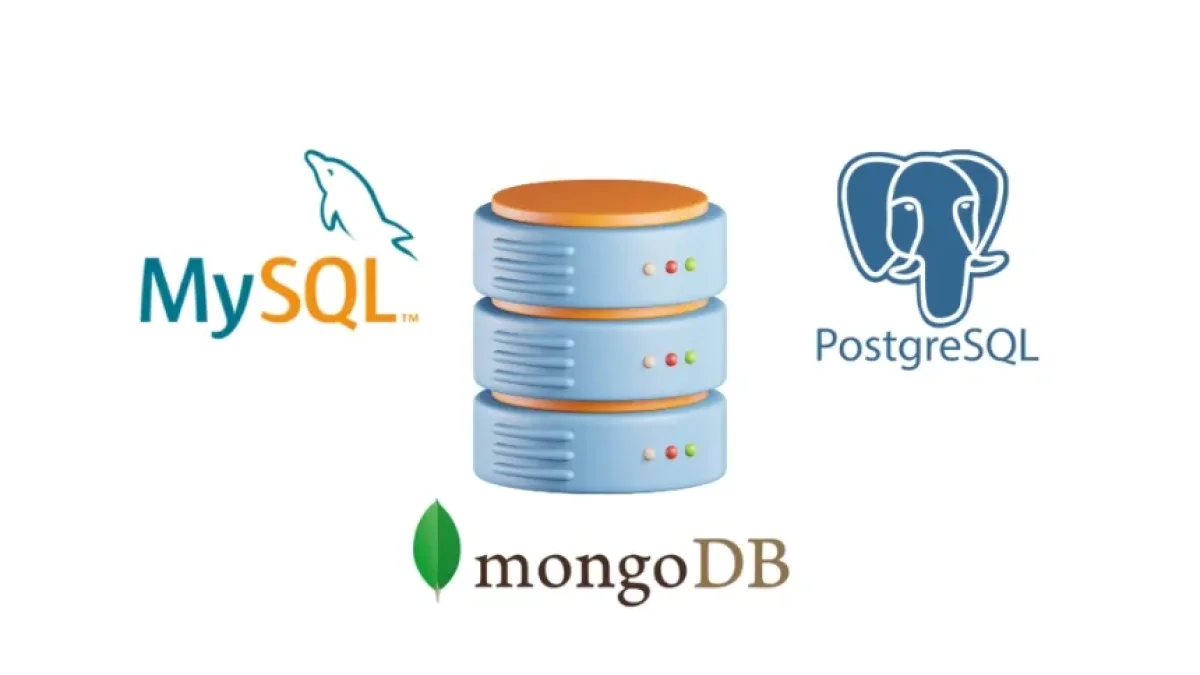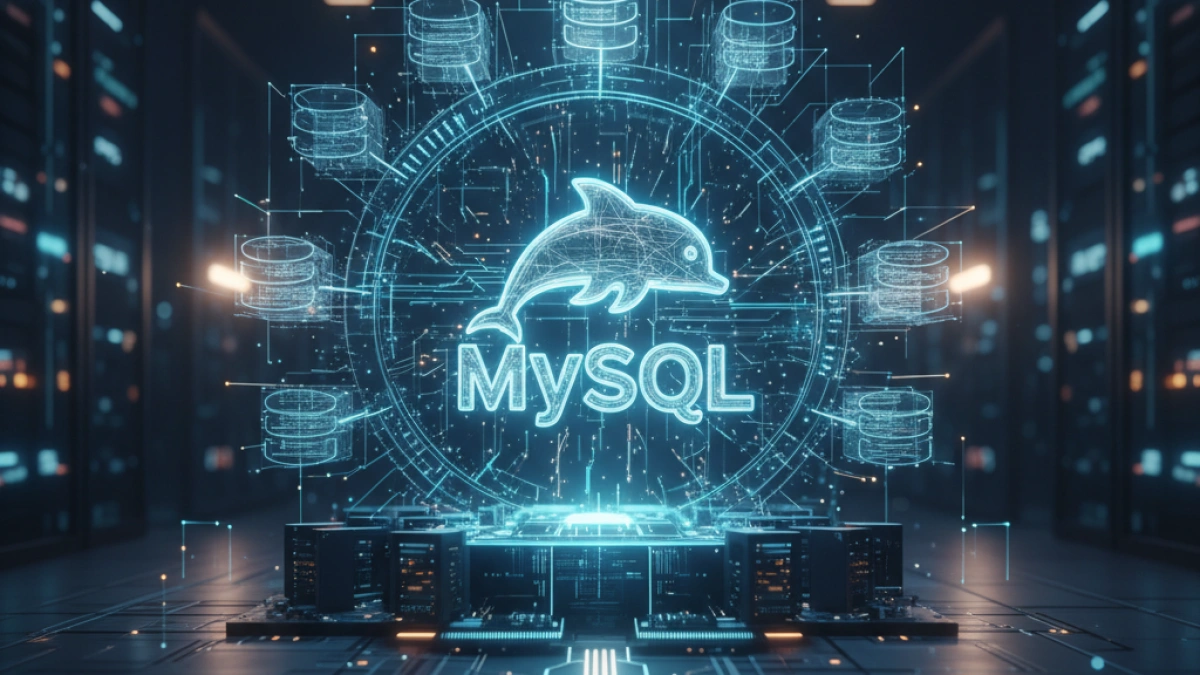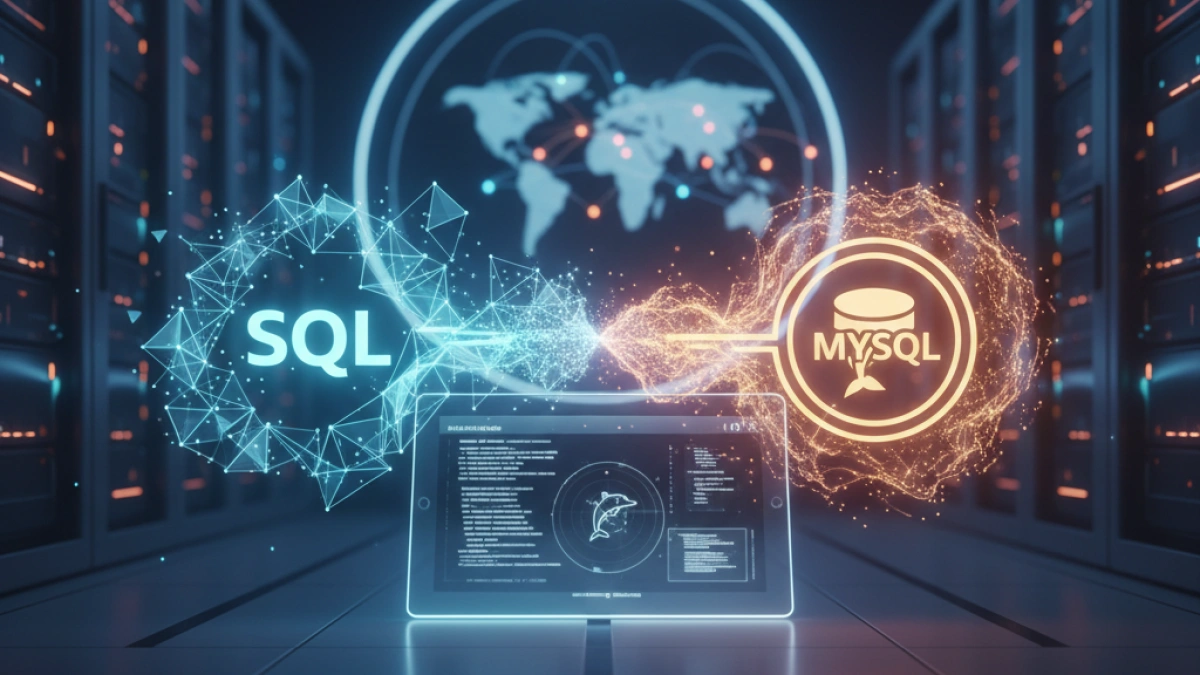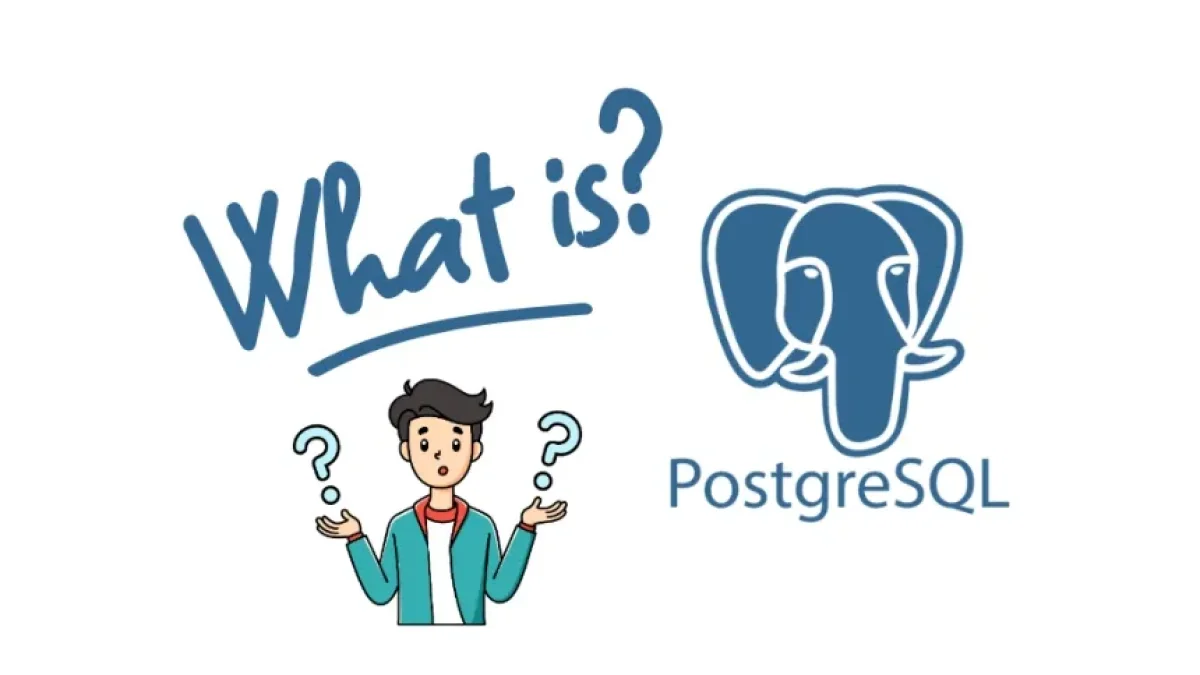Differences Between PostgreSQL and MySQL: Which One to Choose for Your Project?

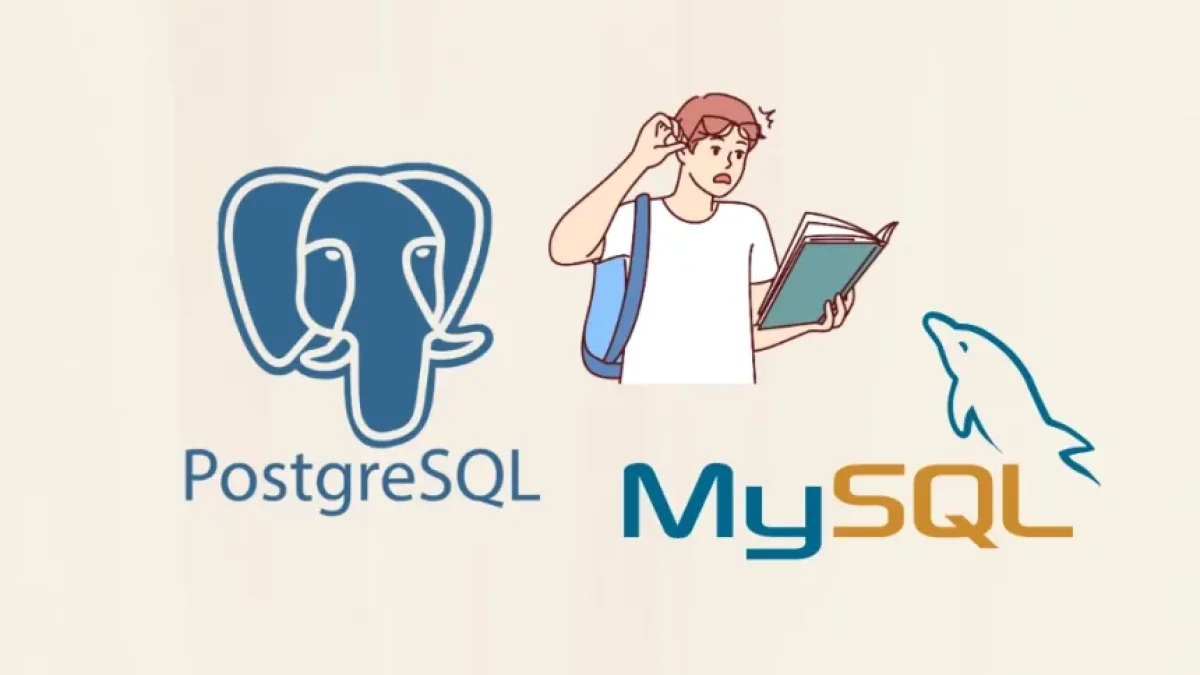
Choosing the right database for your project can be a complicated task. PostgreSQL and MySQL are two of the most popular and widely used databases worldwide. Both have unique features that make them suitable for different types of applications. In this article, we will discuss the main differences between PostgreSQL and MySQL, their advantages and disadvantages, and what to consider when choosing between the two for your next project.
What is PostgreSQL?
PostgreSQL is an object-relational database management system that is widely used due to its compliance with SQL standards and extensibility. It is known for its robustness, advanced features, and support for complex transactions.
Features of PostgreSQL
- SQL Compatibility: PostgreSQL is highly compatible with SQL, allowing developers to work with complex queries.
- Support for Advanced Data Types: It allows the use of custom data types and supports JSON, XML, and arrays.
- ACID Transactions: It ensures data integrity through Atomicity, Consistency, Isolation, and Durability.
What is MySQL?
MySQL is a relational database management system that is widely used because of its ease of use and speed. It is famous for being the database engine behind numerous web projects, including WordPress and Drupal.
Features of MySQL
- High Performance: MySQL is optimized for executing queries quickly and efficiently.
- Ease of Use: Its interface and documentation are more accessible for beginners.
- Cloud Deployment: Many major cloud platforms use MySQL, making it easier to deploy in scalable environments.
Comparing PostgreSQL and MySQL
1. Data Structure
PostgreSQL
Read also
PostgreSQL uses an object-relational data model that allows it to work with more complex data. It can handle JSON and XML documents, making it ideal for applications that require storing unstructured information.
MySQL
MySQL follows a more traditional relational data model. Although it has improved its support for JSON, its approach is still more suitable for strictly structured data.
Read also
2. Performance
PostgreSQL
PostgreSQL tends to be slower than MySQL in simple read operations due to its complexity and advanced features. However, its performance can surpass that of MySQL when using complex queries or advanced functions.
MySQL
MySQL is generally known for its speed in read operations, making it a good option for applications that require high performance in quick queries.
3. Scalability
PostgreSQL
PostgreSQL offers better vertical scalability and is more suitable for applications requiring a high volume of data and complex queries. Additionally, it supports data replication and partitioning.
MySQL
MySQL is also scalable but is often used for applications requiring horizontal scalability through replication and load balancing.
4. Support and Community
PostgreSQL
PostgreSQL has an active community and excellent support. It has a wide variety of extensions and extensive documentation that is helpful for developers of all levels.
MySQL
MySQL has a very strong community, especially in web development, and is supported by Oracle. It also has extensive documentation and tutorials available online.
Advantages and Disadvantages
Advantages of PostgreSQL
- Supports advanced data types and complex functionalities.
- Excellent handling of ACID transactions.
- More extensibility options and advanced features.
Disadvantages of PostgreSQL
- May have slower performance in simple queries.
- Steeper learning curve for beginners.
Advantages of MySQL
- High performance in simple read operations.
- Very easy to manage and configure.
- Widely used in the web development community.
Disadvantages of MySQL
- Lower support for complex transactions in earlier versions.
- Limited advanced functionalities compared to PostgreSQL.
Which One to Choose for Your Project?
The choice between PostgreSQL and MySQL largely depends on the type of application you are developing. Here are some guidelines to help you decide:
Choose PostgreSQL if:
- Your project requires handling unstructured or complex data.
- You need to perform advanced operations and want to use complex transactions.
- Data integrity is a high priority.
Choose MySQL if:
- Your project is a website that requires high read performance.
- You are looking for an easy-to-implement and use solution.
- Simplicity and speed are more important than advanced features.
Conclusion
Both PostgreSQL and MySQL are excellent database solutions that offer unique and powerful features. The choice between the two will depend on the specific requirements of your project, as well as your level of experience and familiarity with each system. Consider the differences discussed and evaluate which one best fits your needs before making a final decision.

